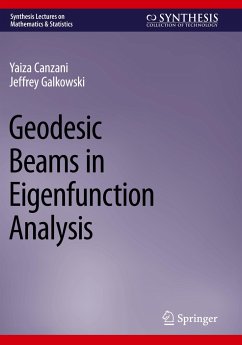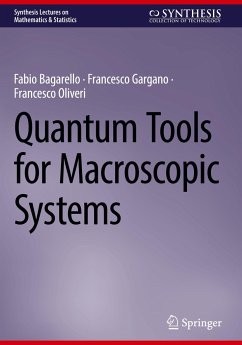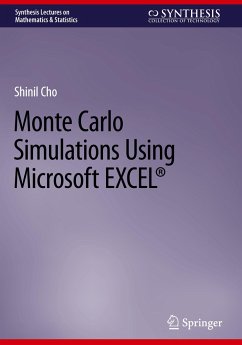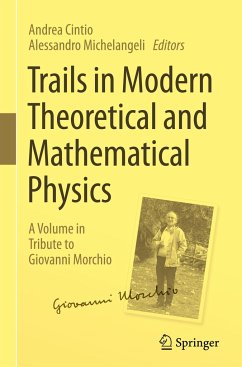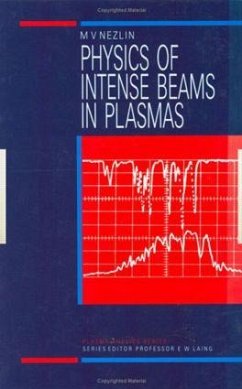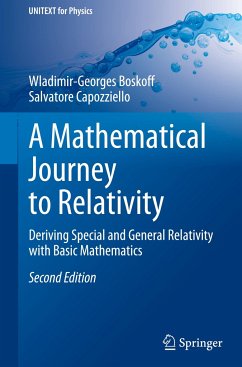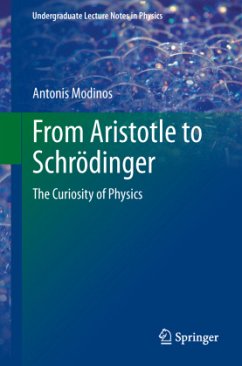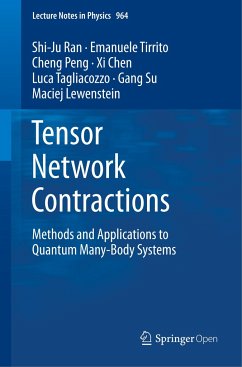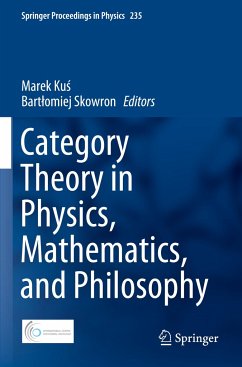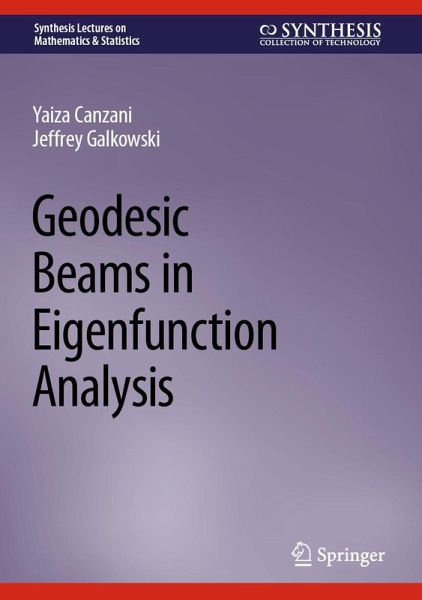
Geodesic Beams in Eigenfunction Analysis
Versandkostenfrei!
Versandfertig in 6-10 Tagen
65,99 €
inkl. MwSt.
Weitere Ausgaben:

PAYBACK Punkte
33 °P sammeln!
This book discusses the modern theory of Laplace eigenfunctions through the lens of a new tool called geodesic beams. The authors provide a brief introduction to the theory of Laplace eigenfunctions followed by an accessible treatment of geodesic beams and their applications to sup norm estimates, L^p estimates, averages, and Weyl laws. Geodesic beams have proven to be a valuable tool in the study of Laplace eigenfunctions, but their treatment is currently spread through a variety of rather technical papers. The authors present a treatment of these tools that is accessible to a wider audience ...
This book discusses the modern theory of Laplace eigenfunctions through the lens of a new tool called geodesic beams. The authors provide a brief introduction to the theory of Laplace eigenfunctions followed by an accessible treatment of geodesic beams and their applications to sup norm estimates, L^p estimates, averages, and Weyl laws. Geodesic beams have proven to be a valuable tool in the study of Laplace eigenfunctions, but their treatment is currently spread through a variety of rather technical papers. The authors present a treatment of these tools that is accessible to a wider audience of mathematicians. Readers will gain an introduction to geodesic beams and the modern theory of Laplace eigenfunctions, which will enable them to understand the cutting edge aspects of this theory.



